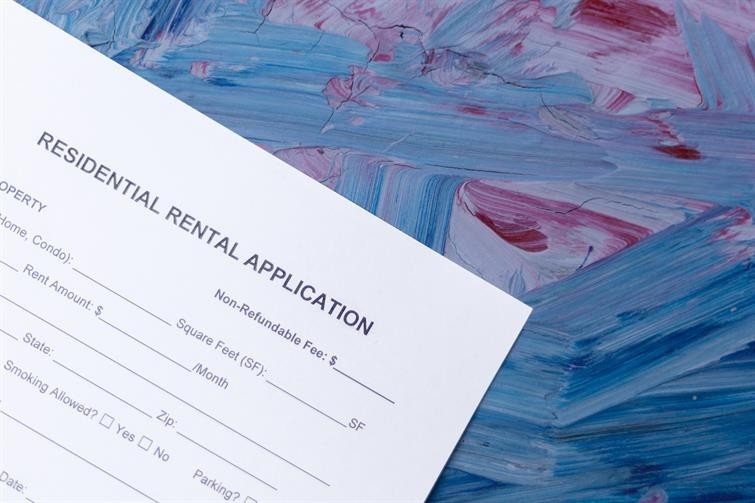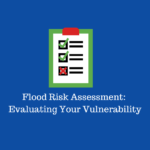Securing a rental property can be a competitive process, and it often begins with completing a rental application form. This guide aims to help you understand the ins and outs of rental applications, ensuring you submit a strong application that increases your chances of securing your desired rental property.
Table of Contents
1. Why Rental Applications Matter
-
1.1 The Role of Rental Applications
-
1.2 Landlord Expectations
2. Preparing Your Rental Application
-
2.1 Gathering Necessary Documentation
-
2.2 Rental History and References
-
2.3 Financial Documentation
3. Filling Out the Application Form
-
3.1 Completing Personal Information
-
3.2 Providing Rental History
-
3.3 Presenting Financial Information
4. Understanding Rental Criteria
-
4.1 Credit Checks and Scores
-
4.2 Income Requirements
-
4.3 Criminal Background Checks
5. Adding Personal Statements or Cover Letters
-
5.1 Expressing Your Interest
-
5.2 Explaining Special Circumstances
-
5.3 Demonstrating Responsibility
6. Application Fees and Deposits
-
6.1 Understanding Application Fees
-
6.2 Security Deposits
-
6.3 Pet Deposits
7. Submitting Your Application
-
7.1 Online vs. In-Person Submissions
-
7.2 Timeliness and Follow-Up
-
7.3 Communication with the Landlord
8. The Waiting Period
-
8.1 Landlord Review Process
-
8.2 Estimated Response Time
-
8.3 Patience and Preparedness
9. If Your Application Is Approved
-
9.1 Reviewing the Lease Agreement
-
9.2 Paying Required Deposits
-
9.3 Inspection and Move-In Details
10. If Your Application Is Rejected
-
10.1 Understanding the Rejection Reasons
-
10.2 Your Rights and Next Steps
-
10.3 Reapplying and Seeking Alternatives
11. Conclusion
Navigating the rental application process is a critical step toward securing your ideal rental property. This guide provides you with the knowledge and strategies needed to complete applications effectively, increasing your chances of approval. Remember that preparation, communication, and compliance with landlord requirements are key to a successful rental application.
FAQs
1. Can I negotiate rental terms in my application?
- While some aspects of the lease may be negotiable, it’s essential to approach negotiations respectfully and be prepared for the landlord’s response.
2. Should I disclose all personal information on the application?
- You should provide accurate and complete information, but you’re not obligated to disclose sensitive personal details that aren’t relevant to your rental application.
3. How can I improve my rental application’s chances of approval?
- Present a well-organized and thorough application, maintain a good credit score, provide references, and be responsive to the landlord’s inquiries.
4. Can I appeal a rejection if I believe it’s unfair?
- You may inquire about the reasons for rejection and seek clarification. If the issue remains unresolved, you can explore legal options or apply to other properties.
5. What are my rights as a tenant during the application process?
- Tenant rights vary by location. Familiarize yourself with local tenant laws and regulations to ensure your rights are protected throughout the application process.
With the knowledge and strategies outlined in this guide, you can confidently complete rental applications and move closer to securing the rental property that suits your needs and preferences. Good luck with your rental application journey!











Good
Thanks
🤟I love you clickers.
Hello …
Thanks💕